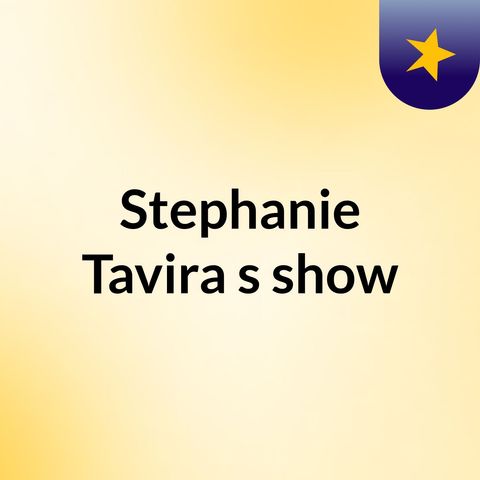Podcast Ch. 18

Download and listen anywhere
Download your favorite episodes and enjoy them, wherever you are! Sign up or log in now to access offline listening.
Nov 30, 2018 ·
4m 22s
While our book has mainly been focused on a whole language, such as English or Spanish, it is also important to note the variety that each language has. For example,...
show more
While our book has mainly been focused on a whole language, such as English or Spanish, it is also important to note the variety that each language has. For example, the English languages used in America is different that the English spoken in Australia or Britain. Geographically, even if a language is the same, it will be different. One example I can think of is how in Australia they use the word thong to refer to sandals, or rubber to refer to as an eraser. While Australia and the United States both use the English language, they are different because of their different geography. This is referred to as linguistic geography, which is the study of language variation based on where different varieties of the language are used, such as region or country. In most academic settings, we focus on the standard language, which is an idealised variety of the language and exists for most people as the version that is accepted as the official language of their community or country. In reality, it has no specific region. This standard English is the one most commonly used when we try to teach individuals how to speak English. Standard English is mostly associated with the written language rather than the spoken language. There is much more emphasis placed on vocabulary, spelling, and grammar in written standard english. Even if we all spoke standard variety English, we would all have an accent. An accent is simply an aspect of the pronunciation of language that identifies where the speaker is form regionally and socially. An example could be a Southern accent and a Boston accent. While they both originate the the United States, they help identify where a speaker learned language. This is different to a dialect. A dialect describes features of grammar and vocabulary as well as aspects on pronunciation. The book uses an example a Scottish person using a different dialect than an American. What is fascinating is that, since they are both English, even if the dialects are vastly different, one can still infer what is being said.According to our text, dialect variations are not frequently documented. DIalectology is the study of dialects to distinguish between two different dialects of the same language and two different languages. An example could be that I could mostly understand the Scottish dialect, but would have trouble understanding the dialect of a language that I am not 100% familiar with. There are also regional dialects, which I briefly mentioned before. A person from the South will have a different dialect than a person from the North in the United States. There are various stereotypes associated with each dialect. A person who speaks in a southern dialect, with a southern accent, may be regarded as not very intelligent. When conducting studies for regional dialects, most of the people chosen were individuals who were less likely to have been influenced from outside the region in their speech. Most of these individuals were referred to as NORMS, or non-mobile, older, rural, male speakers. They, however, are not an accurate representation in terms of time.
show less
Information
| Author | Stephanie Tavira |
| Website | - |
| Tags |
-
|
Copyright 2024 - Spreaker Inc. an iHeartMedia Company
